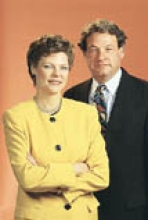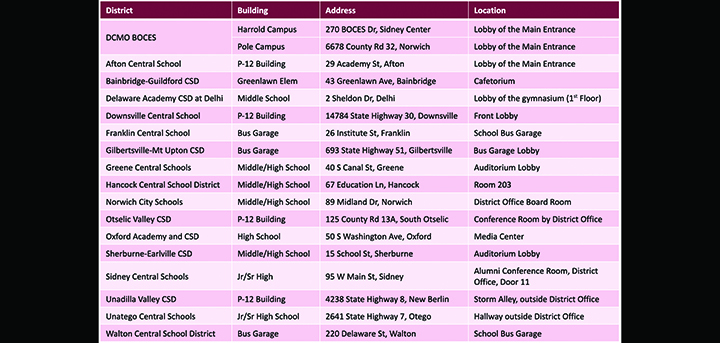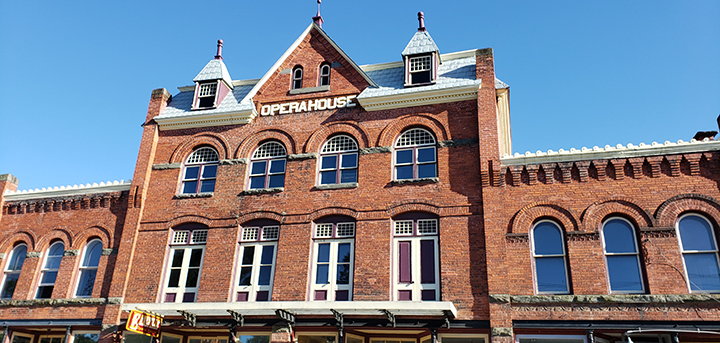The greatest game lives on
We took our twin grandsons to the circus recently, and they showed up in full baseball regalia: Washington Nationals hats and shirts. When we got home they grabbed their bats and helmets and dragged their father to the local park, despite the chilly, gray day.
This is not a knock on the circus. The acrobats were breathtaking, and the clowns hilarious. But the circus is a special treat. Baseball is an ordinary, everyday event for six months. You can’t practice riding elephants in the backyard. And you can’t root for your hometown tightrope walkers to beat the jugglers from across the river.
Spring is here. Baseball is back. Sure, you can get the results on the Internet, seconds after a game is over, and you can watch video highlights on ESPN before going to bed. But breakfast simply tastes better while reading box scores from the night before. We’ll have the multigrain bagel, please, with a side order of statistics.
Because baseball threads its way through daily life, hometown loyalties are particularly enduring. Steve grew up in New Jersey, across the Hudson River from New York City, and has rooted for the Yankees since 1949, the year he turned 6, the exact age of our grandsons today.







Comments